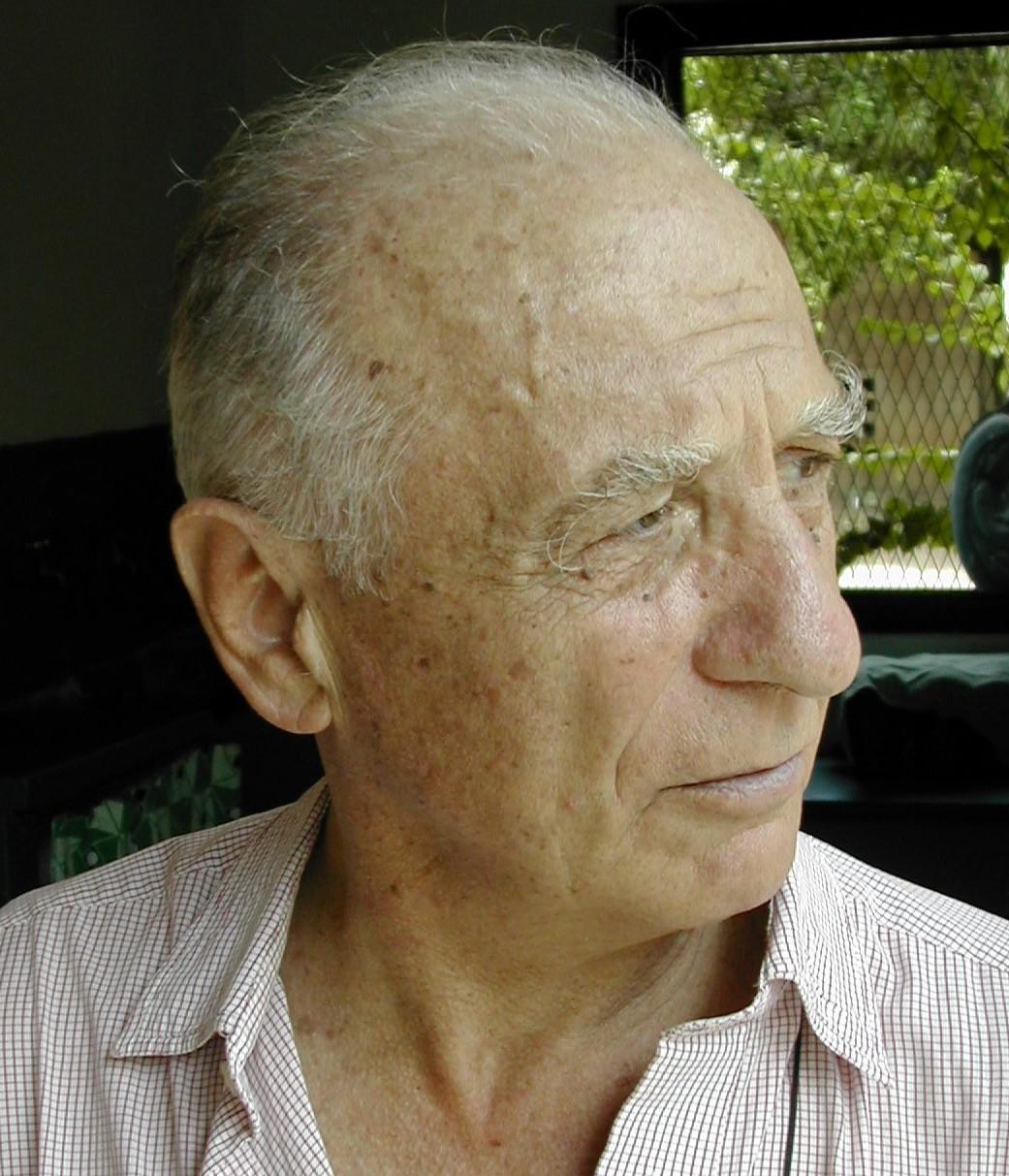Daniel Comboni
Comboni Missionaries
Institutional area
Other links
Newsletter
In Pace Christi
Gusmeroli Luigi
Fr. Luigi Gusmeroli was born at Tartano, in the province of Sondrio, on 29 August 1928. He did the novitiate in Venegono and Gozzano where he took first vows on 9 September 1948. He went to Rebbio for the scholasticate and then to Venegono where he made his perpetual profession on 9 September 1954 and was ordained priest on 26 June 1955.
Fr. Luigi was a calm sort of man, reserved in his relationships and quite shy but essentially kind. To see him, one would never imagine he was a courageous missionary, a tireless worker and a pioneer.
Certain men are called to be pioneers, people who are the first to throw themselves into new projects and blaze a trail for others to follow. Fr. Luigi was one of those men. It was he who, in September 1966, began the Comboni presence in Central Africa, among the Sudanese refugees, first at Abosi and then at Mboki. The missionary work among the refugees was moving and delicate. Luigi lived simply: his home was a hut built in two days like that of the nomads. He travelled everywhere by motorcycle to be close to the people and encourage them.
Again, it was Fr. Luigi who went to Chad, in December 1975, to start talks with Mons Henri Véniat, Bishop of Sarh, in view of a Comboni commitment in the country. Fr. Luigi moved from Bangui to Sarh the same way he did everything: without giving himself importance, discreetly, even though he was actually opening a new commitment for the Comboni Missionaries.
Not content with opening the way, he wanted to be personally involved: he returned to Chad and stayed there for good. His mission of earliest evangelisation had won his heart.
He first arrived in Bedjondo in February 1978. He had come directly from Grimari, without even taking a break for holidays. He was an expert missionary and he immediately set to work. He saw to most of the baptismal retreats for the catechumens. Fr. Pio Adami, a Jesuit who was then in charge of the mission, praised Fr. Luigi for the way he soon fitted in so easily. He was great worker and enjoyed his work.
In October 1980, he started to assist the parish of Bekamba, 23 Km from Bedjondo. He would go there on Wednesday and return on Sunday afternoon. On his return, we would get together over our only beer of the week to talk about recent events. It was a pleasure to listen to him. He was not very talkative but his words carried some weight and his experience was priceless.
In 1984, he went to Sarh. In order to move from Bedjondo to Sarh, he was obliged to go to Doba and take a plane since the civil war made it impossible to travel by road. He first worked at the parish of Saint Joseph, in the Kassaï quarter and, in 1988, he was made parish priest of the parish of saint Kizito in the Begou quarter. He adapted well to urban pastoral and worked a lot with the Foyers Chrétiens.
In January 1994, he was appointed second formator at the interprovincial postulancy at Bimbo, in Bangui where his goodness and wisdom helped in the discernment of the Comboni candidates from Chad and central Africa then in formation. He returned to Chad in November 1998, to the new parish of Saint Daniel Comboni in Doba, a parish that included both urban and rural areas with about fifty villages. Fr. Luigi threw himself especially into the service of the rural areas. He always preferred to meet the country people in their own environment.
In September 1999, Doba became a hospitality community to receive new Combonians coming to Chad: they would stay for three months in Doba to study the Ngambaye language and receive an introduction to the Chadian and ecclesial situation. The new arrivals were accompanied spiritually by Fr. Luigi, a wise missionary who was competent and had the benefit of a long and varied missionary experience.
He again agreed to change community: we know how difficult it is to change one’s type of work, especially at a certain age. But Luigi was also a man of faith, obedient and with the mission at heart. He agreed to move without complaining. He went to the parish of Saint Michel of Bodo, a rural mission 54 km from Doba. And there he stayed, despite his age, until 2016. He had given up driving so he had a Sister belonging to the pastoral team take him to the most distant villages to celebrate Mass and meet the Christians. In 2016, while in Italy for holidays, he suffered a severe stroke that left him incapacitated. He did recover somewhat at the Milan Centre but was unable to speak properly. Nevertheless, he never lost his peace or his smile.
(Fr. Enrique-Javier Rosich, mccj).

